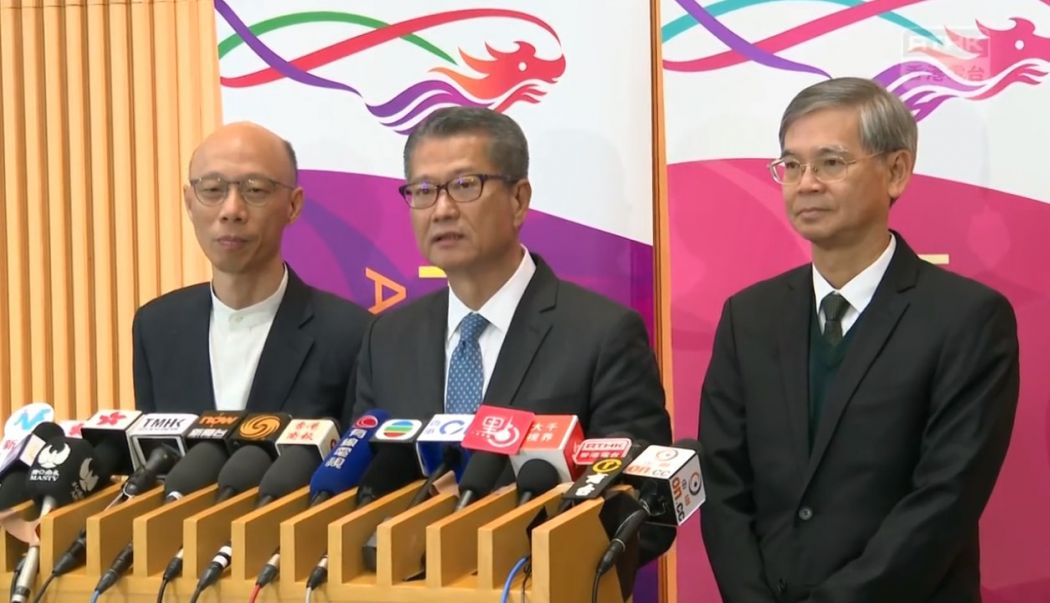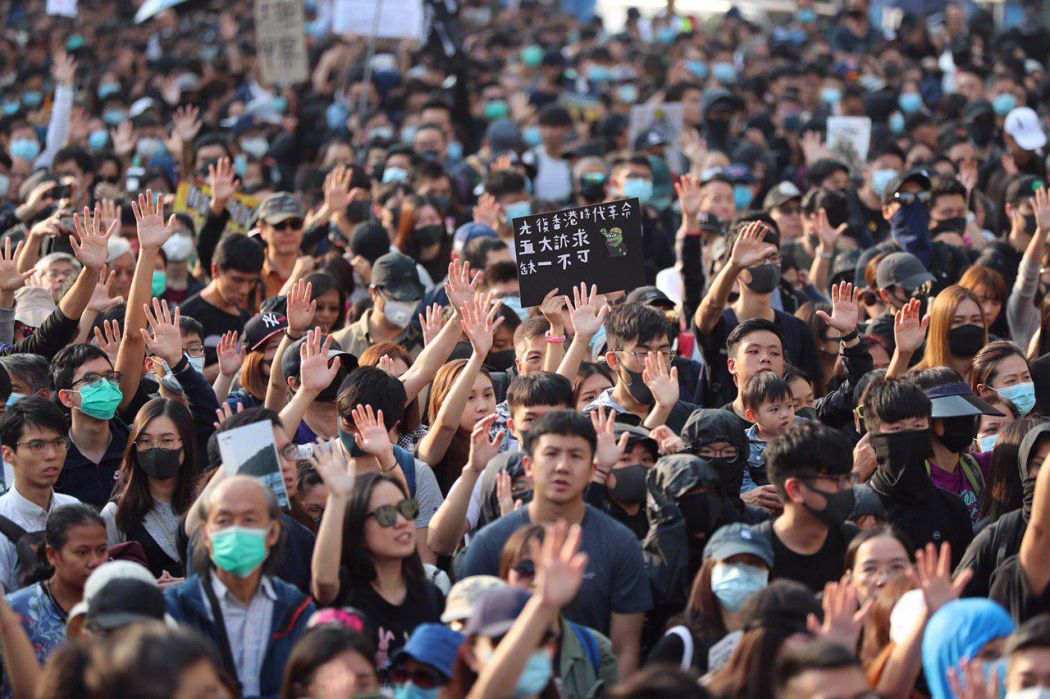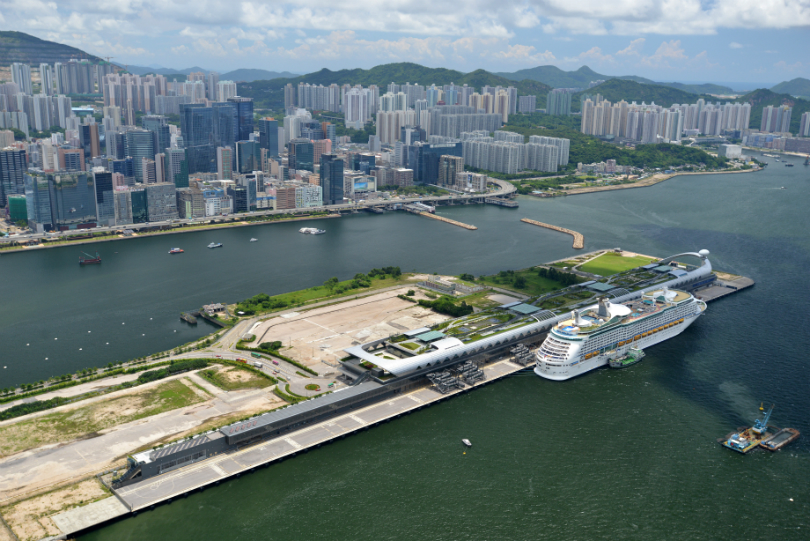The government has announced a new round of measures to boost the economy with the city set to record its first budget deficit in 15 years.
Hong Kong’s economy is set to contract 1.3 per cent in 2019 as large-scale pro-democracy protests enter their sixth month next week.
The nine measures – the fourth round of sweeteners announced since August – are worth around HK$4 billion. The government is set to waive 75 per cent of water charges for all non-domestic users from December to March next year, subject to a monthly cap of HK$20,000. Sewage charges will also be discounted by 75 per cent up to HK$12,500 per month.

The government will also provide an electricity subsidy to each eligible non-residential electricity account holder to cover 75 per cent of their monthly billed electricity charges. It will be subject to a cap of HK$5,000 per account per month for four months.
It will also provide an enhanced rates concession in the fourth quarter of 2019-20 to all non-domestic properties, increasing from HK$1,500 to HK$5,000 for that quarter.

The surcharge on outstanding taxes for up to one year will be waived for the 2018/19 year, should the taxpayers be in need and are approved to pay by instalments. Financial Secretary Paul Chan said it would help married couples.
“If one of them got laid off, and they find it difficult to meet the tax payment on time, they may apply to the Inland Revenue [Department] to have their tax payment rearranged by instalment[s],” he said.
Other measures include fees and rent reduction for cruise lines and existing tenants of the Kai Tak Cruise Terminal; a one-time rental subsidy scheme for the local recycling industry; waiving the annual licence fees for all Securities and Futures Commission licensed individuals and intermediaries for the financial year 2020-21; enhancement of the Love Upgrading Special Scheme of the Employees Retraining Board; and enhancement of the Youth Employment and Training Programme.

Chan said some of the measures will need approval from the Legislative Council.
He said that, although he expected a deficit for the annual budget owing to the economic downturn, the government had enough in reserves to support its finances.
“If the government can burden the deficit, it will not be a problem,” he said.
Business fund
The government faced questions at the press conference over the speed and bureaucracy involved in vetting applications for sweeteners.
The Li Ka-shing Foundation previously issued a HK$1 billion scheme to help small and medium-sized companies. The foundation said it used Google Cloud artificial intelligence so that applications could be submitted within eight minutes, and the foundation was able to process over 43,000 applications within the first three weeks.

In response, Secretary for Financial Services and the Treasury James Lau said the government’s measures involved public funds and had to go through certain procedures, unlike private funding programmes.
He said the four rounds of government measures were worth HK$25 billion and the public interest has to be considered: “We hope the funding proposals can be passed faster,” he said.
Hong Kong Free Press relies on direct reader support. Help safeguard independent journalism and press freedom as we invest more in freelancers, overtime, safety gear & insurance during this summer’s protests. 10 ways to support us.

